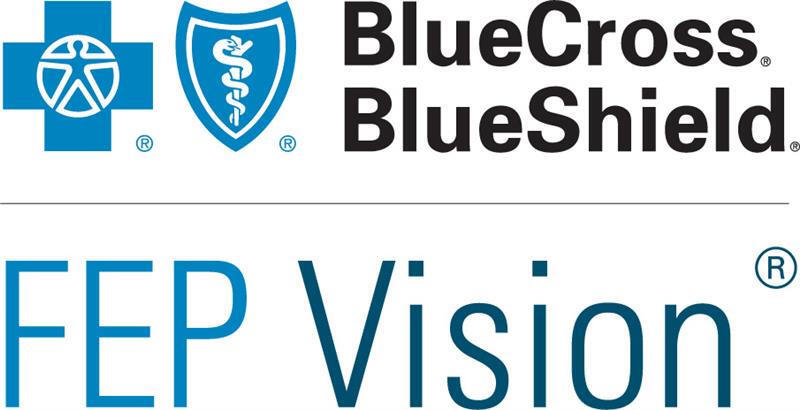Do you have questions about the VA Appeals process? Below are some frequently asked questions which may help you better understand commonly used terms and the overall process.
What is "New and Relevant Evidence"?
In order to file a Supplemental Claim, you must submit evidence for your request to the VA that is both new and relevant. New evidence is information that VA didn’t have before the last decision. Relevant evidence is information that could prove or disprove something about your case. VA will not accept a Supplemental Claim without new and relevant evidence. You can either submit the evidence yourself or identify evidence, like medical records, that you’d like VA to get for you.
What is “Duty to Assist”?
VA’s has a Duty to Assist you in getting evidence, such as medical records, that is needed to support your case. VA’s Duty to Assist applies during your initial claim and if you file a Supplemental Claim. If you request a Higher-Level Review or Board Appeal, Duty to Assist doesn’t apply. However, the reviewer or judge will look at whether VA met its Duty to Assist during your initial claim or Supplemental Claim, and if not, they’ll have VA correct that error. Your review may take longer if this is needed.
What if You Miss the Deadline for Submitting an Appeal?
If you do not submit your appeal within the one year time limit you can either submit a new claim for benefits and have VA make a ruling on it. This begins the 12 month time period anew. You should include "new and relevant" evidence with your supplemental claim. If new evidence is submitted, the VA may rule in your favor and you can skip the appeal.
What To Expect If You Request a Call With a Senior Reviewer?
If you request a phone conference with a senior reviewer on the Higher-Level Review option, they will call the phone number that you or your representative provided on the claim form and schedule a time to discuss your case with you. The senior reviewer will try to reach you or your representative by phone twice. If no one answers, they’ll leave a voice mail.
During the call, you and/or your representative can talk about why you think the decision should be changed and identify errors. There won’t be transcripts of this call.
What To Expect if You Request a Hearing?
You have the option to request a hearing with a judge. A video conference hearing will take place at a VA location near you.
At your hearing, you and the judge will have a conversation. The judge will listen to your testimony. The judge may ask you a few questions. Your representative, if you have one, may help you at the hearing.
The hearing will be transcribed and added to your appeal file. You can add new and relevant evidence within 90 days after the hearing, but it isn’t required.
What if You Want To Choose A Different Review Option After Already Submitting the Request?
If you’ve submitted a form and want to change your review option, you can send in a new decision review request form within 1 year from the date on your VA decision. You must include a letter that says you want to withdraw your existing review and switch to a different option.
If you requested a Board Appeal and want to switch to a different appeal option, you can send in a new Board Appeal form with a different option selected. You can switch appeal options within 1 year from the date on your VA decision or 60 days from the date you submitted your original form. You can’t select a different appeal option if you’ve already submitted evidence or had a hearing.
Know All Your Legal Rights and Benefits
Be aware and get what you are entitled to. Keep up with all the legal benefits available to you as a service member, veteran or spouse and get updates delivered straight to your inbox by subscribing to Military.com.












